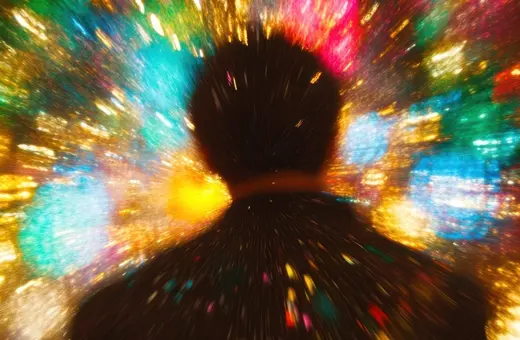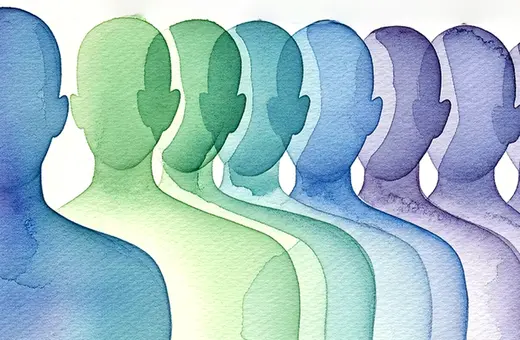A letter by distinguished scientists sought to discredit a leading theory of consciousness as pseudoscience. That was mistake. No theory of consciousness is currently empirically testable, so strictly speaking, no such theory is scientific, argues Erik Hoel.
Last week, over one hundred scientists, many prominent or even world-famous, debuted a signed letter declaring that one of the most popular scientific theories of consciousness is “pseudoscience.” The letter is directed at Integrated Information Theory (IIT), and its signers go so far as to say that:
“As researchers, we have a duty to protect the public from scientific misinformation.”
Sparked by the recent press around an international “adversarial collaboration” that pitted the predictions of theories of consciousness against one another, the letter is quite short, just a few paragraphs, and the number of signees outweighs the number of citations by an order of magnitude. Yet the names include many well-known researchers in the field, such as Hakwan Lau, Joseph LeDoux, Bernard Baars, Patricia Churchland, Daniel Dennett, and Keith Frankish, along with plenty more (although there are noticeable absences).

I am not a fan of this letter. Everyone who signed it acted irresponsibly. Why? There’s an issue beyond its specific content. I’ve been saying for years that as a fledging science, consciousness research should worry about hanging out too much dirty laundry. If too much is hung out, then petty infighting can destroy an already fragile field. My greatest fear is that we get another “consciousness winter” wherein just talking about consciousness is considered pseudoscientific bunk. This was the state of affairs throughout most of the 20th century, and it set neuroscience back decades.
___
The letter is so bad that I’m forced to reply to it and defend IIT. Which is surprising because I just published an entire book in which several chapters track IIT’s failures and limits.
___
I have privately expressed the worry of a consciousness winter, especially one instigated by professional jealousies and rivalries, to multiple people who signed this letter. Every outside critic arguing that consciousness shouldn’t be studied (a bad intellectual position, but a popular one) will latch onto this letter. I have no problem with dramatizing consciousness research, nor bringing its debates to the public—heck, I wrote an entire novel about it!—but that’s because I think the debates are interesting and noteworthy and attractive, rather than things to be decided by a big panel of experts declaring certain ideas “scientific misinformation.
The letter is so bad that I’m forced to reply to it and defend IIT. Which is surprising because I just published an entire book in which several chapters track IIT’s failures and limits. I’ve also published papers that explore IIT’s problems—in fact, I’ve explored the main issue referenced in the letter in greater technical detail than anyone else in the world (my work is not cited). I got my PhD working with Giulio Tononi, IIT’s originator, and I’m more familiar with it than most of the people who signed this letter. So I’m going to go through the letter in its entirety and refute every point, demonstrating why this never should have been written.
(Disclaimer: despite my personal connection to IIT, I don’t get anything out of writing a defense of IIT. I don’t help develop the theory anymore, and I haven’t published with Giulio, communicated with him, or even asked him for a recommendation letter, in many years.)
The letter begins with:





















Join the conversation